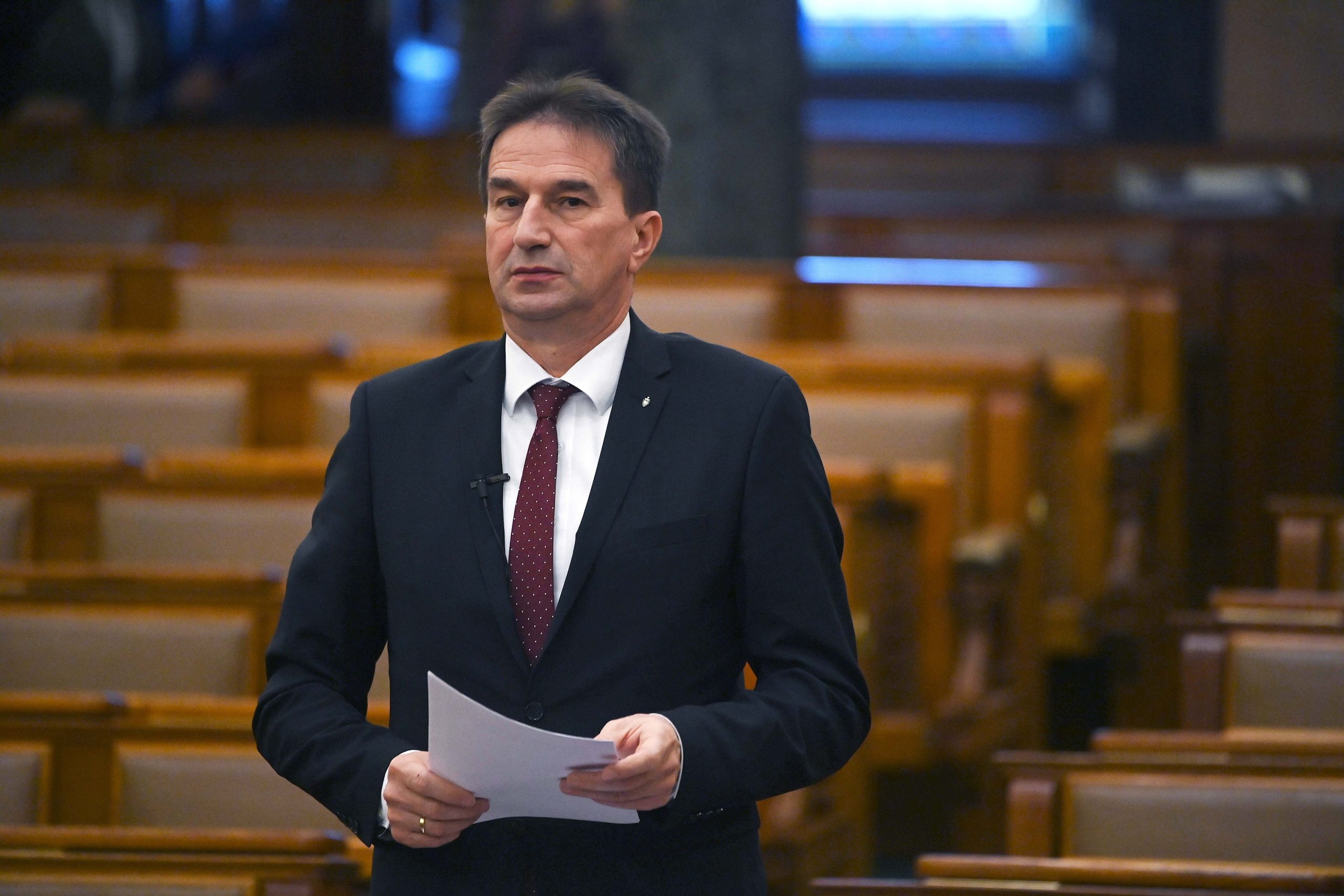
According to the investigation documents, this was the twenty-first such incident, and also the last time when the leader of the bailiffs' branch handed over bribes to Pál Völner.Continue reading

The President of the Hungarian Court Bailiffs Chamber (MBVK), György Schadl, who is the key figure in the recently revealed corruption case of former deputy minister Pál Völner, wanted to oust another bailiff out of his practice. After Schadl felt a judge obstructed him, he waged a vendetta against the person, news site 444.hu reported, based on the case’s investigation report.
In order to achieve his goal, Schadl also consulted with the heads of the Metropolitan Court of Budapest and the National Office for the Judiciary (OBH).
According to the wiretap transcripts acquired by 444.hu, Pál Völner and György Schadl agreed in a telephone conversation in May 2021, that one of the baillifs (who was under criminal investigation at the time) was a “dangerous person.” Völner believed that he was endangering the functioning of “a branch of power,” while Schadl wanted him to disappear from among the bailiffs, so he was even considered to be targeted through the press.
According to suspicion by the prosecutor’s office, Schadl, the head of the Hungarian Court Bailiffs Chamber, was illegally “selling” bailiff positions for money while a kickback was paid to State Secretary Pál Völner, who was also the commissioner responsible for the sector since 2019. Based on the investigation’s recently leaked documents, those baillifs who obtained their positions with the help of Schadl and Völner, had to keep paying Schadl significant amounts of money. According to 444, some bailiffs paid him hundreds of million forints in total.
The police documents suggest that Schadl learned the basics of the profession in the office of the bailiff in question, but it is not clear what caused the conflict between the two.
Schadl even wanted to have the person’s bailiff’s mandate permanently revoked, but was prevented from doing so by a court resolution written by a judge of the Pest Central District Court.
Schadl, in order to get this judge fired from his job, contacted the President of the National Office for the Judiciary, György Senyei, who arranged a personal meeting with the President of the Metropolitan Court of Budapest, Péter Tatár-Kis. According to the investigation documents, Tatár-Kis told him that he could not fire the judge, but he could make him feel uncomfortable at work.
Schadl also wanted to stop the judge from proctoring the final exams of bailiffs by contacting Imre Szabó, the head of the civil law department at the University of Szeged, to whom Schadl is quoted as saying that he had “consulted with State Secretary Völner,” and that the judge was “not a person we would like to see here in the future.” Szabó had then replied with: “done,” and “of course.” In reaction, Szabó told 444.hu on the phone that he had certainly not promised Schadl anything and had done nothing to remove the judge.
The OBH denies discussion about firing the judge
In response to the article published by 444.hu, the National Office for the Judiciary (OBH) issued a statement. According to this, the President of the Hungarian Court Bailiffs Chamber (MBVK) – as a body with national jurisdiction – György Schadl indeed contacted the President of the OBH in the first half of 2021 to raise an objection to the conduct of a court team leader of the Pest Central District Court.
“As the investigation of the complaints raised by the President of the MBVK falls within the jurisdiction of the President of the Metropolitan Court of Budapest”, the President of the OBH told Schadl that the complaint needs to be submitted to the President of the Metropolitan Court, and “then provided the possibility of direct contact.”
“All the allegations in the press suggesting that the President of the MBVK had made a request to the President of the OBH to ‘fire’ a judge were false”, according to the statement, adding that the President of the Metropolitan Court of Budapest has conducted an investigation in the case on the basis of the complaint presented by Schadl, and that only the parties concerned can obtain further information on the case.
Featured photo illustration via pixabay.com